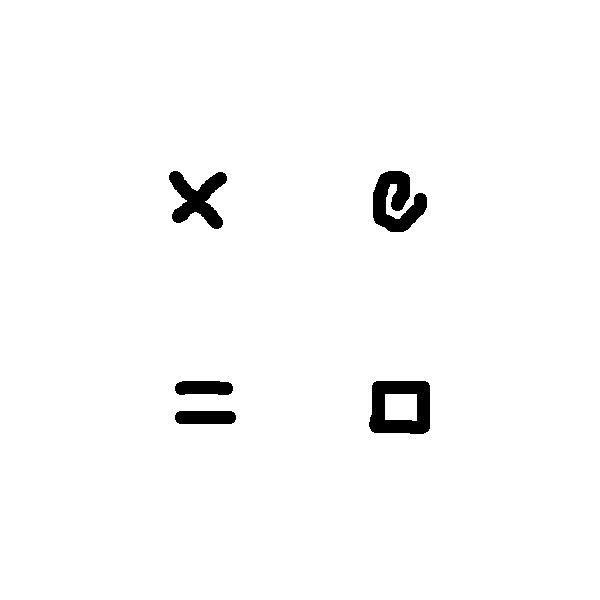I think the issue is not that perceptive is learned, it is not, the point is that optical illusions are learned, a sort of non sequitur with what is inborn if you will. The capacity to convey/interpret three dimensions on two is learned.
Practical artistic perspective is usually assigned to Uccello in the Renaissance.
The cross-pointing arrow illusion is not directly linked to perspective, but rather from looking up at squared buildings from either inside or outside. The corners are the arrows in the illusion. Depth perception is far more complicated than that. For example, many predatory birds do not have eyes placed straight ahead and side by side in order to have the benefit of stereo vision; the same applies to squids, fish and other creatures that live in a totally 3D world without the reference points that a creature ground bound would have. How do they see perspective or depth? What is their rangefinder?
This is for another discussion.
My studies were regarding the natural perception of composition. Why is the Golden Mean so compelling? Can out of balanced compositions be made to ‘feel comfortable’. My father in law would never buy an automobile with a badge or emblem that was not centered.
Most of the discussion presented in this thread has gone a tad bit off point. The imperative of style is a genuine issue, but from my perspective (my pun), compositional elements have changed very little if not at all from the beginning of time to the present. If you want to talk poetic elements, the hierarchy of creativity, themes, styles and other topics that apply to all art forms rather than the tyranny of composition, then we are avoiding the real issues at hand.



